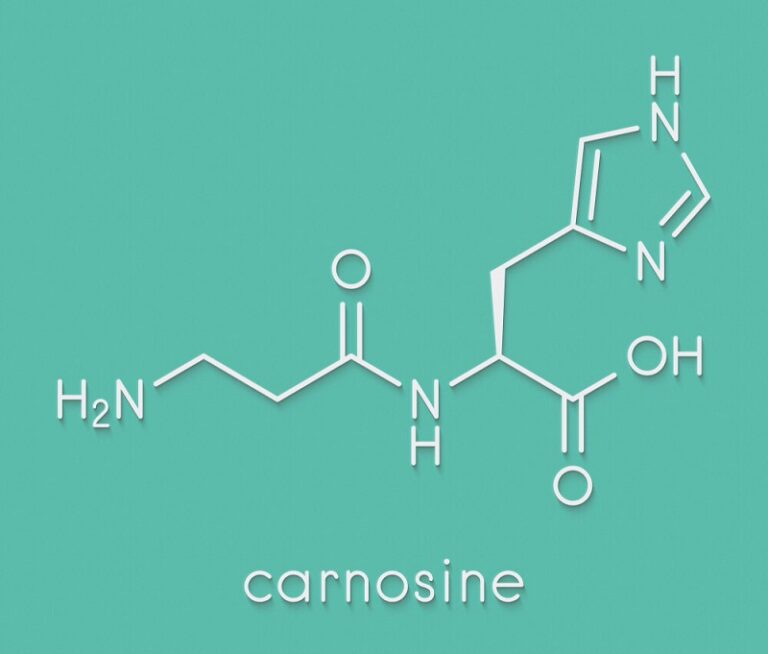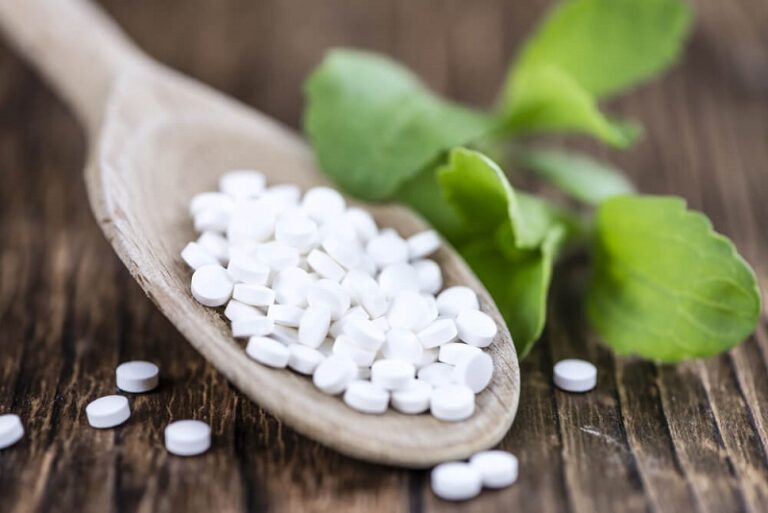are artificial sweeteners safe?
This is a question everyone is asking nowadays. Sugar is an essential component of the food we eat. However, consuming too much sugar is bad for our teeth and weight. There have been some contentious claims that too much sugar may be a major factor in several degenerative disorders. Therefore, artificial sweeteners and products with artificial sweeteners continue to draw in customers.
As a substitute for sugar, artificial sweeteners are becoming more and more common. The prevalence of obesity, diabetes, and metabolic syndrome has increased, and this combined with increased consumer knowledge has resulted in a continuous paradigm change in favor of the usage of artificial sweeteners with little calories. These artificial sweeteners, also known as nonnutritive sweeteners, low calorie sweeteners, and intense sweeteners, deliver more sweetness per gram while having zero or a few calories. They are used in beverages, nutritional supplements, medications, and even mouthwashes. (1)
Artificial sweeteners have been overused and occasionally even abused by the public as a result of aggressive marketing by the producers. They are ingested by both lean and obese people and are thought to reduce hunger and appetite, having a positive impact on body weight and the cardiovascular risk profile. Many diabetes patients choose to replace sugar in their diet with these “sugar-free” sweeteners. Artificial sweeteners are commonly found in baked goods, soft drinks, powdered drink mixes, confectionery, puddings, canned foods, jams and jellies, dairy products, and a variety of other foods and beverages that are promoted as “sugar-free” or “diet.”
The majority of artificial sweeteners are not digested by the body, making them typically safe to consume. In preclinical models, however, there remain persistent worries about the toxicity of “non-metabolized” substances.
Eliminating artificial sweeteners from regular use is essentially impossible because they are often utilized in a wide range of foods, cosmetics, and dietary items. However, its usage should be accompanied by caution in some high-risk groups, such as children, diabetics, migraine and epilepsy sufferers, pregnant and lactating women, and others. Children are particularly significant since they consume more food and beverages per kilogram of body weight than adults do.
While the reduction in calories is unquestionably real, some scientists are beginning to question whether the substances ultimately achieve their intended effects. We should be able to maintain our weight loss and slimness by consuming less calories. Additionally, since these substitutes don’t contain sugar, they should shield us from experiencing post-meal sugar surges and reduce our chance of developing diabetes.
However, some evidence suggests that those who use artificial sweeteners may not always lose weight and may not be better prepared to fight diabetes. The body responds to artificial sweeteners differently than it does to sugar; for example, the good bacteria in the gut shift when these substances are present. The results could be unexpected and unwanted, especially for young children.
do artificial sweeteners cause weight gain?
One of the main contributors of non-transmissible diseases is a bad diet. There is a big emphasis on food overconsumption and energy limitation because overweight and obesity are becoming more and more common. Improving energy balance is a key component of many weight loss diets. Avoiding sugar and substituting it with artificial sweeteners, which keep the sweetness without adding calories, is one way to reduce energy intake. The replacement of sugars with artificial sweeteners, which provide a sweeter taste without calories, appears to hold promise for lowering sugar and energy intake.
Depending on whether they contain calories, artificial sweeteners are further divided into nutritive (Natural sweeteners) and non-nutritive categories. Artificial sweeteners are molecules from many chemical classes that are 30–13,000 times sweeter than sucrose. They are non-nutritive sweeteners. (2)
It is crucial to clarify the effects of artificial sweeteners on body weight regulation given the rise in the prevalence of overweight and obesity as well as the growing interest in losing weight, preventing weight gain, and maintaining weight loss. There is no noticeable difference in body weight change between overweight and lean people who consume artificial sweeteners compared to those who get sugars or cellulose as a placebo for around six months. (3) Artificial sweeteners slow down your metabolism by messing up your body’s insulin and glucose levels. Your body interprets this as being more hungry, which might result in overeating.
The human brain responds to sweetness with signals to eat more. By providing a sweet taste without any calories, may cause us to crave more sweet foods and drinks, which can add up to excess calories
Other Common Questions
-Top 10 dangers of artificial sweeteners
What are the dangers of artificial sweeteners? Artificial sweeteners are food additives that have a similar taste to sugar but typically contain less calories. Animal studies have shown show that artificial sweeteners promote weight gain, brain tumors, bladder cancer, and a host of other health risks in addition to their benefits.
According to research, drinking beverages with added sugar or low-calorie sweeteners increases your risk of getting type 2 diabetes. Increased consumption of sugar-sweetened beverages has been linked to weight gain, which may be brought on by decreased satiety and insulin resistance brought on by higher blood sugar and insulin levels. Low-calorie drinks may also make you gain weight by increasing your hunger and preference for sweet things.
10 reasons why artificial sweeteners should be avoided:

- Weight Gain
- Depression
- Anxiety
- Headaches
- Cancer
- Cardiovascular Disease
- Dementia
- Stroke
- Mood Disorders
- Risk for Pregnant Women
-6 Types Of Artificial Sweeteners
Six high-intensity sweeteners are FDA-approved as food additives in the United States: saccharin, aspartame, acesulfame potassium (Ace-K), sucralose, neotame, and advantame.
-4 Benefits of artificial sweeteners
- Assist in weight loss: Some people prefer to reduce their consumption of food energy by substituting sweeteners with low or no food energy for high energy sweeteners like sugar or corn syrup (sugar substitutes). This enables individuals to consume the same meals they normally would while losing weight and preventing other issues related to consuming too many calories.
- Dental care: Although liquid medicines are especially good for kids, many of them contain sugar, which promotes tooth decay. Sugar replacements are not fermented by the dental plaque bacteria like sugar is. Doctors are advised to give sugar-free medications as much as feasible in light of this negative effect.
- Diabetes mellitus: Diabetes patients struggle to control their blood sugar levels. They can enjoy a varied diet while limiting their intake of sugar by replacing it with artificial sweeteners. Some sugar substitutes can release energy, but because they are processed more slowly, blood sugar levels are stabilised over time.
- Reactive hypoglycemia: Reactive hypoglycemia causes a person to create too much insulin after taking in glucose too rapidly. Their blood glucose levels thus drop below the level required for physiological activity. Because of this, they must avoid eating high-glycemic items like white bread, just like diabetics, and frequently opt for artificial sweeteners as a substitute.
-What are artificial sweeteners made of?
Artificial sweetener is produced using sucrose. Sucralose has a pleasant sweet flavor, is 450–650 times sweeter than sucrose, and has a quality and time intensity profile that is quite similar to sucrose.
-How much artificial sweetener is safe per day?
Are artificial sweeteners safe to use daily? For each sweetener, Acceptable Daily Intake 5 milligrams for each kilogram of body weight. For a 150-pound person, 340 milligrams a day would be safe.
-Do artificial sweeteners cause cancer?
Cohort study points to an increased risk of cancer in general for those who use more artificial sweeteners, particularly aspartame and acesulfame-K. Consuming aspartame was especially linked to a rise in breast and obesity-related malignancies.
-Is stevia an artificial sweetener?
Stevia has zero calories and is hundreds of times sweeter than sugar. Some people view it as a “natural,” as opposed to an artificial, sweetener because it comes from a plant. There are worries that consuming raw stevia herb could be bad for your kidneys, reproductive organs, and heart. Additionally, it might interfere with blood sugar-lowering drugs or cause excessively low blood pressure.
-Who should avoid artificial sweetener?
Aspartame’s component phenylalanine is difficult for people with the rare genetic condition phenylketonuria (PKU) to metabolise, thus they should avoid or consume it in moderation. Food goods containing aspartame should have a statement on the label alerting phenylketonurics to the presence of phenylalanine so that sensitive consumers can steer clear of them.
-What happens when you stop using artificial sweeteners?
We stop enjoying natural sweetness. We therefore require high levels of sweetness to satiate our sweet tooth. Naturally savory meals like vegetables and naturally sweet foods like fruit lose their attractiveness.






